If someone you love and care about is being abused, it can be really hard to know what to do. You might feel that they need to leave the relationship, but that’s not always easy (more on this below). There are some ways you can offer your support.
Support and Listen | Let them know that it’s not their fault. Reassure them that they are not alone and help is available. If it’s difficult for them to talk about the abuse, let them know that you’re available whenever they need it. The most helpful thing you can do is believe them and listen.
No Judgment | Whatever decisions they make, don’t judge them. Be respectful of their decisions, even if you wish it were different. They may choose to leave and return to the relationship many times and will need your continued support.
Share About FCC | Let them know that we’re available. Our advocates can help them develop a safety plan, provide support and share resources. You can offer to be there when they call. If they aren’t ready to reach out, let them know that you’ll be there when they are.
WHY WON’T THEY JUST LEAVE?
If you’ve never been in an abusive relationship, it can be hard to understand why a person wouldn’t just leave an abuser. It is much more complicated than “just leaving”. It can be the most dangerous time for a victim because when they leave, they are taking control. When an abuser feels that control slipping away, it can cause the abuser to retaliate in very destructive ways.
Aside from it being dangerous, there are other reasons why people stay in abusive relationships. This list is not all-inclusive, but gives some of the common reasons.
- Fear: A person may be afraid of what will happen if they decide to leave the relationship.
- Believing Abuse is Normal: A person may not know what a healthy relationship looks like, perhaps from growing up in an environment where abuse was common, and they may not recognize that their relationship is unhealthy.
- Fear of Being Outed: If someone is in an LGBTQIA relationship and has not yet come out to everyone, their partner may threaten to reveal this secret.
- Embarrassment or Shame: It’s often difficult for someone to admit that they’ve been abused. They may feel they’ve done something wrong by becoming involved with an abusive partner. They may also worry that their friends and family will judge them.
- Low Self-Esteem: When an abusive partner constantly puts someone down and blames them for the abuse, it can be easy for the victim to believe those statements and think that the abuse is their fault.
- Love: So often, the victim feels love for their abusive partner. They may have children with them and want to maintain their family. Abusive people can often be charming, especially at the beginning of a relationship, and the victim may hope that their partner will go back to being that person. They may only want the violence to stop, not for the relationship to end entirely.
- Cultural/Religious Reasons: Traditional gender roles supported by someone’s culture or religion may influence them to stay rather than end the relationship for fear of bringing shame upon their family.
- Language Barriers/Immigration Status: If a person is undocumented, they may fear that reporting the abuse will affect their immigration status. Also, if their first language isn’t English, it can be difficult to express the depth of their situation to others.
- Lack of Money/Resources: Financial abuse is common, and a victim may be financially dependent on their abusive partner. Without money, access to resources or even a place to go, it can seem impossible for them to leave the relationship. This feeling of helplessness can be especially strong if the person lives with their abusive partner.
- Disability: When someone is physically dependent on their abusive partner, they can feel that their well-being is connected to the relationship. This dependency could heavily influence their decision to stay in an abusive relationship.
If you want to talk through ways to help a loved one, please call us at 1.800.382.5603. We’re here to help you too.
